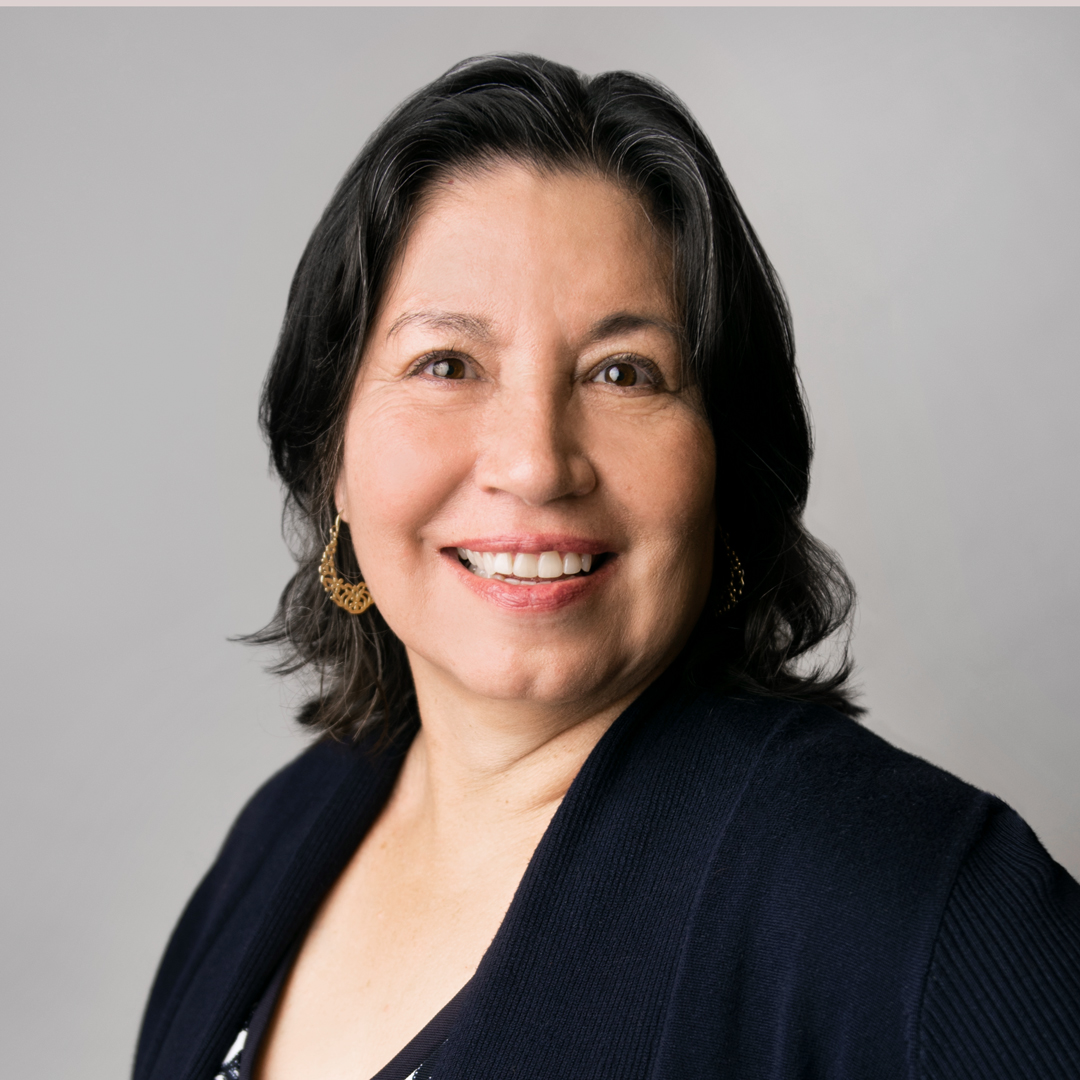|
Getting your Trinity Audio player ready...
|
Helping lead a global business through a period of great transformation is not new for Alejandro Martinez. He was chief information officer for a division of General Motors, where he stayed for years, serving in various roles while leading teams across several continents and helping the auto giant through the complexities of bankruptcy.
Martinez now puts that breadth of experience during his years at GM to use at Walgreens Boots Alliance. The ubiquitous pharmacy and retail brand is in the midst of a massive transformation, adapting to shifting consumer preferences and becoming an increasingly digital enterprise.
Born and raised in Mexico, Martinez earned a bachelor’s degree in computer science and a master’s degree in science—both from Universidad La Salle in Mexico—before joining General Motors Mexico as chief information officer in 1999. It was a “dream job” to be an executive at such a well-known company, he says. A couple years later, he was promoted to CIO of part of GM that included operations in Latin America, Africa, and the Middle East. That was a transformative experience for Martinez, especially in terms of global exposure. In his five years in that position, he became adept at communicating between and among various cultures.
“When you’re leading a region as diverse as the one I described, you’re dealing with multiple cultures, multiple religions, multiple values,” he says. “It’s quite interesting, when you have a cross-country organization, just the way that you address your teams in order to motivate and to make sure you deliver the right message. It requires very strategic planning. You motivate people in Brazil very differently than the people of South Africa.”
Along with those positive learning experiences Martinez treasures, there were also tough days at GM. The company filed for Chapter 11 bankruptcy protection in 2009, during which time he was working as CIO of GM Europe. That was probably the most difficult time of his professional life, he says, but also perhaps the most enlightening in terms of leadership. Martinez learned how to motivate that team throughout the ordeal. He developed a thick skin.
“New challenges can present opportunities to build leadership skills and to rally people together. As a leader, you need to find ways to motivate your teams.”
After leaving GM in 2014, Martinez joined a clinical research company (then-called QuintilesIMS) where he was SVP and CIO before moving to Walgreens three years later.
“When you’re leading [a global team], you’re dealing with multiple cultures, multiple religions, multiple values . . . It requires very strategic planning. You motivate people in Brazil very differently than the people of South Africa.”
The resilience and adaptability Martinez built through his time at General Motors serves him well at Walgreens as the company undergoes a seismic shift in response to increasingly digital consumer patterns, a changing healthcare landscape, retail trends, and other developments. One example of how the business is transforming, he says, is through a project underway to rebuild the Walgreens pharmacy platform to integrate more automation and artificial intelligence, with the goal of making the experience “frictionless” for customers.
But the changes at Walgreens go way beyond technological upgrades alone, Martinez says. The transformation includes everything from how Walgreens competes with online retailers to revamping point-of-sale systems and supply chain networks to improving engagement with a customer base whose shopping preferences are constantly—and rapidly—evolving.
“We’re reinventing ourselves on all fronts at the same time. This is an exciting time. The marketplace has changed, consumer preferences are evolving and there are new competitors. We are focused on controlling our future.”
Building strong teams is a crucial skill to be able to compete in that game. As a leader, Martinez believes in a mix of empowerment and accountability for his colleagues. As a sports fan, he doesn’t look for “superstar players,” he says—he would rather have people who know how to work as a team and run the play.
“I see myself as a coach,” he says. “My job is to make sure that I pick the right players to be part of the squad that I train them properly, and I put them in the right positions at the right time. At the end of the day, what matters is the team.”
“New challenges can present opportunities to build leadership skills and to rally people together. As a leader, you need to find ways to motivate your teams.”
Some executives at companies that are changing as much as Walgreens might feel compelled—along with all the new technology and new systems—to replace longtime employees with fleets of newcomers too. But Martinez sees value in achieving a balance of institutional knowledge employees, and newer arrivals who can bring a fresh perspective.
Martinez is also grateful for those who helped him become the leader he is today. He cites CIO Ralph Szygenda who was in place during his time at GM, an executive who spent time and effort helping Martinez work his way up. It was a lesson that he never forgot, he says, and something he thinks about as he invests his time in others at Walgreens.
“At the end of the day, yes, you stand by yourself,” he says, “but it’s important to reflect on why you are here, and how you got here.”
Related Links
Mayra Boitel and Randy Martinez: “The idea is to change an industry”

